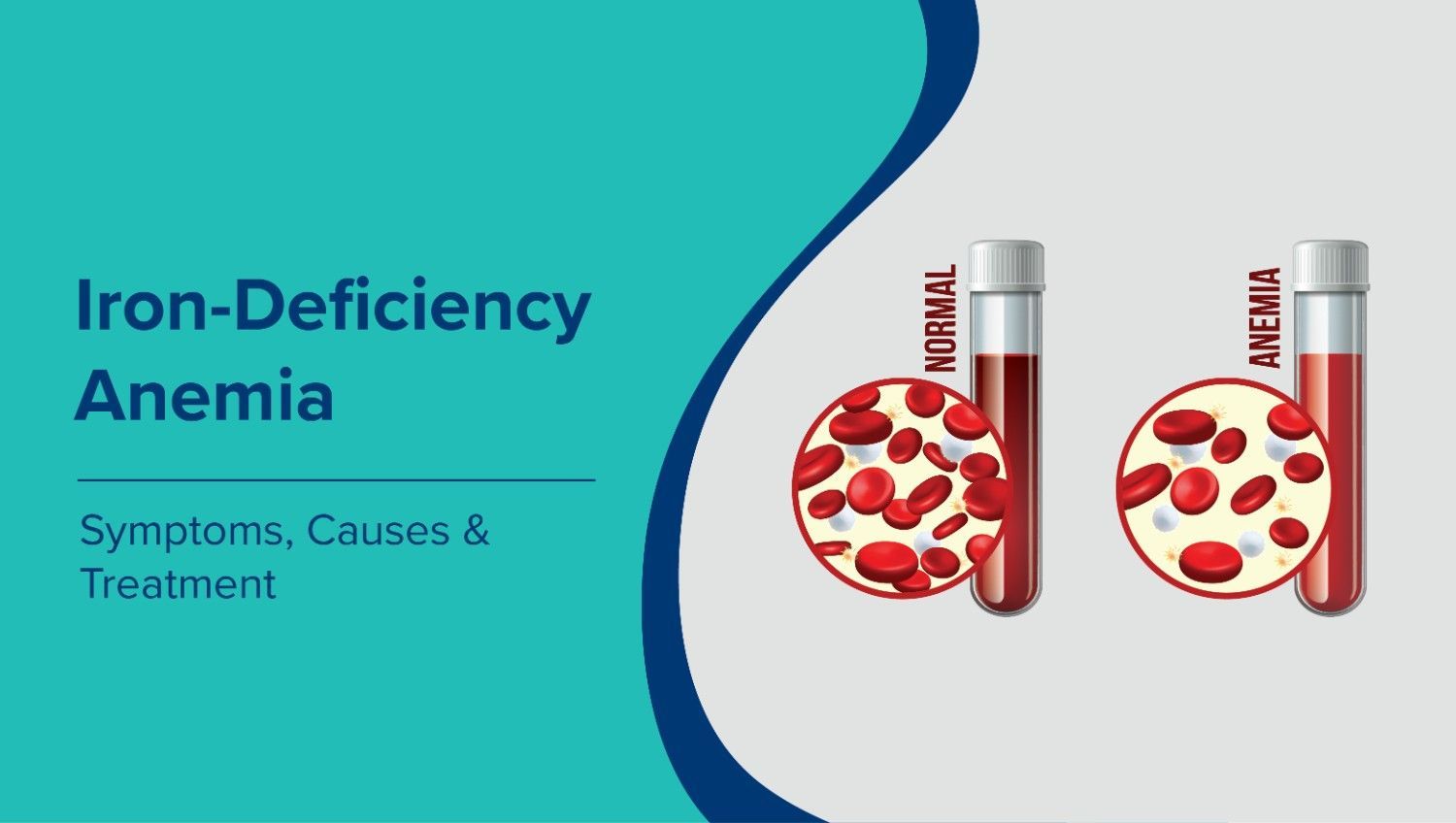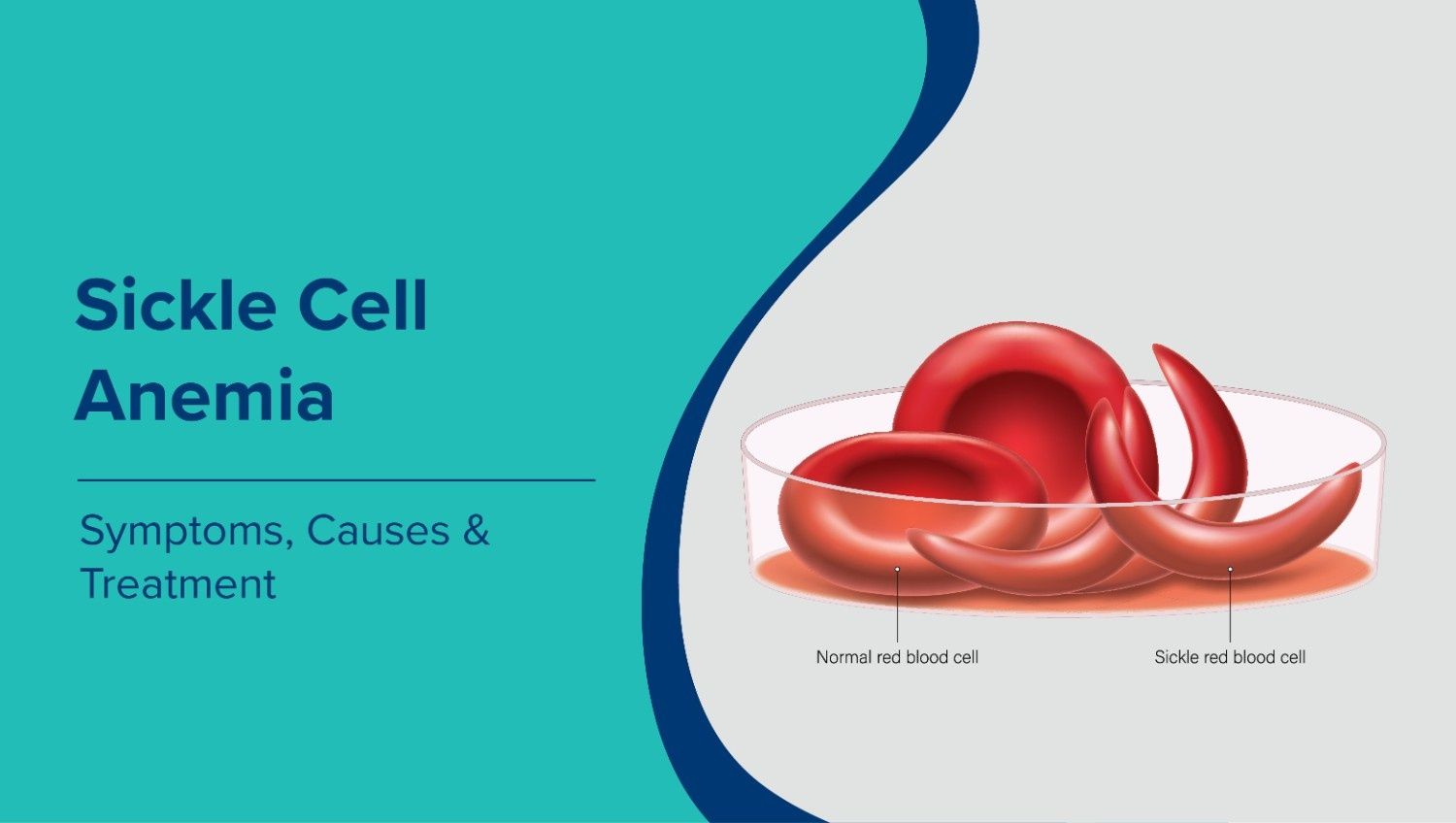Vitamin B12 is essential for maintaining nerve health, red blood cell production, and overall energy levels. Yet, its deficiency often goes unnoticed until symptoms become disruptive. While common in vegetarians, older adults, and those with digestive issues, B12 deficiency can affect anyone. Early recognition is key to its prevention and treatment. In this article, we will explore the early signs of Vitamin B12 deficiency, common causes, testing methods, dietary sources, and ways to restore healthy levels effectively. But first, let’s understand the basics.
What is Vitamin B12 and Why it Matters
Vitamin B12, or cobalamin, is a water-soluble vitamin that supports several essential body functions. It plays a key role in red blood cell formation, nerve health, DNA synthesis, and energy metabolism. Without sufficient B12, the body cannot produce healthy red blood cells, which may lead to anaemia, fatigue, and weakness.
It also protects the nervous system, helping prevent symptoms such as numbness, memory issues, and mood disturbances. In older adults, adequate B12 levels are linked to better cognitive function and emotional well-being. During pregnancy, it contributes to proper foetal brain and spinal development.
Since the body does not produce B12 on its own, it must be obtained through diet or supplements. Over time, a deficiency can lead to complications that are otherwise preventable with early diagnosis and intervention.
Vitamin B12 Deficiency Symptoms
A lack of Vitamin B12 affects multiple systems in the body, and symptoms may develop gradually or appear suddenly. These can vary by age, gender, and the severity of the deficiency.
Common symptoms of Vitamin B12 deficiency include:
- Persistent fatigue or weakness
- Pale or yellowish skin
- Tingling or numbness in hands and feet
- Difficulty walking or maintaining balance
- Mood changes, irritability, or depression
- Difficulty concentrating or memory issues
- Heart palpitations or shortness of breath
In females, additional signs may include:
- Menstrual irregularities
- Fertility-related concerns
- Hair thinning or brittle nails
Mouth-related symptoms often seen in B12 deficiency:
- Glossitis (red, swollen tongue)
- Mouth ulcers or a burning sensation in the tongue
- Cracks at the corners of the mouth
Note: Because these symptoms overlap with other conditions, testing is essential to confirm the cause.
What Happens if Vitamin B12 is Low for Too Long?
If left untreated, vitamin B12 deficiency can lead to serious and sometimes irreversible health complications. Initially, it may cause tiredness, light-headedness, or tingling in the hands and feet. But over time, a sustained deficiency can damage nerves, interfere with brain function, and affect the cardiovascular system.
Long-term effects of low Vitamin B12 levels include:
-
Peripheral neuropathy, causing numbness, burning, or weakness in limbs
-
Cognitive decline such as memory loss or confusion
-
Mood disorders, including chronic depression or anxiety
-
Megaloblastic anaemia, a condition where the bone marrow produces abnormally large red blood cells
-
Increased homocysteine levels, which may elevate the risk of heart disease and stroke
Persistent deficiency can also impair mobility and coordination, especially in elderly individuals.
What Causes B12 Deficiency
Vitamin B12 deficiency can occur due to a range of dietary, medical, and absorption-related issues. Identifying the root cause is essential for proper treatment and long-term management.
Common reasons for Vitamin B12 deficiency include:
-
Low dietary intake: Individuals following vegetarian or vegan diets may not get enough B12, as it is primarily found in animal products.
-
Malabsorption issues: Conditions such as pernicious anaemia, celiac disease, Crohn’s disease, or previous gastrointestinal surgery can impair B12 absorption.
-
Age-related changes: Older adults may produce less stomach acid, which is necessary to absorb B12 from food.
-
Medications: Long-term use of antacids, metformin, and certain antibiotics can interfere with B12 absorption.
-
Alcohol abuse or smoking: These habits may reduce B12 absorption or increase the body's need for it.
Vitamin B12 Test and Diagnosis
A Vitamin B12 test is a simple blood test used to measure the level of B12 in the body. It is usually recommended when a person shows symptoms such as fatigue, numbness, or unexplained anaemia.
Diagnostic methods include:
-
Serum Vitamin B12 Test: Measures the concentration of B12 in the blood.
-
Homocysteine and Methylmalonic Acid (MMA) Tests: Elevated levels may indicate a functional B12 deficiency even when serum levels appear normal.
-
Complete Blood Count (CBC): May reveal macrocytic anaemia, a condition linked to B12 deficiency.
-
Peripheral Blood Smear: Used to observe enlarged or abnormally shaped red blood cells.
These tests help identify not only B12 deficiency but also the possible severity and its effect on blood and nerve health.
How to Prepare for a Vitamin B12 Test
Preparing for a Vitamin B12 test is simple and requires minimal effort. In most cases, no fasting is needed, especially if the test is being done alone. However, preparation may vary depending on whether the test is part of a broader panel.
Tips to prepare for a Vitamin B12 test:
-
Fasting: Not required for B12 alone, but follow medical advice if combined with other tests like blood sugar or cholesterol.
-
Inform the provider: Mention any supplements or medications being taken, especially B12 injections or multivitamins, as they may influence results.
-
Stay hydrated: Drinking water makes blood collection easier.
-
No special diet needed: Eat as usual unless instructed otherwise.
The test is usually quick, and results are typically available within 24 hours.
How to Increase Vitamin B12 Levels in the Body
Raising vitamin B12 levels depends on the severity of the deficiency and the underlying cause. In mild cases, diet changes may be sufficient. In more serious cases, supplementation or injections may be required.
Ways to increase Vitamin B12 levels include:
-
Oral supplements: Over-the-counter B12 tablets or sublingual drops are commonly used for mild to moderate deficiencies.
-
Vitamin B12 injections: Recommended for individuals with severe deficiency or absorption issues. These are usually prescribed and administered under medical supervision.
-
Dietary improvement: Adding B12-rich foods can help maintain healthy levels long-term.
-
Addressing the cause: For example, treating gastrointestinal conditions or adjusting medications that interfere with absorption.
Vitamin B12 Rich Foods and Sources
Because the body cannot produce B12 on its own, getting enough through diet is essential. The best sources are primarily animal-based, though fortified options are available for vegetarians.
Common Vitamin B12-rich foods include:
-
Meat: Liver, chicken, beef
-
Seafood: Fish (especially salmon, tuna, sardines), shellfish
-
Dairy: Milk, cheese, yoghurt
-
Eggs: Particularly the yolk
For vegetarians and vegans:
- Fortified cereals and nutritional yeast
- Plant-based milks fortified with B12
- B12 supplements may be necessary to meet daily requirements
Foods to avoid or limit: Highly processed foods that lack nutritional value may contribute to nutrient deficiencies. While there’s no list of “B12-blocking” foods, poor dietary patterns can indirectly worsen deficiency.
When to See a Doctor
Early signs of Vitamin B12 deficiency may be mild, but delaying treatment can lead to long-term health issues. It's important to consult a doctor if symptoms persist or worsen over time.
Seek medical advice if experiencing:
-
Persistent fatigue or weakness
-
Tingling, numbness, or burning sensations in hands or feet
-
Difficulty with memory, focus, or balance
-
Swollen or painful tongue, or mouth ulcers
-
Pale skin and breathlessness
-
Symptoms that don’t improve with diet changes
Why Choose MaxAtHome for Vitamin B12 Testing?
Timely diagnosis is key to managing Vitamin B12 deficiency, and MaxAtHome makes the process easier and more reliable with trusted diagnostic services delivered at home.
Benefits of choosing MaxAtHome for B12 testing include:
-
Home sample collection by trained phlebotomists
-
NABL-accredited lab testing for accurate Vitamin B12 and related parameters
-
Access to complementary tests such as CBC, homocysteine, and peripheral blood smear
-
Digital reports, securely delivered for quick doctor consultations
-
Hassle-free testing, especially for elderly patients or those with mobility concerns
To book a Vitamin B12 test at home, call 9240299624 or schedule the test online through our easy-to-use booking platform.
Frequently Asked Questions
What are the early signs of Vitamin B12 deficiency?
Early vitamin B12 deficiency symptoms include fatigue, pale skin, tingling in the hands and feet, difficulty concentrating, and mouth ulcers. If left untreated, the symptoms may worsen and affect nerve function.
What are the symptoms of B12 deficiency in females?
In addition to general symptoms, females may experience menstrual irregularities, hair thinning, and fertility-related concerns. These should not be ignored, especially if dietary intake is limited.
Why does Vitamin B12 deficiency occur even with a normal diet?
Some people develop B12 deficiency due to absorption issues, such as pernicious anaemia, gastrointestinal disorders, or medication side effects. Ageing also affects the body’s ability to absorb B12 efficiently.
What is the role of a Vitamin B12 test in diagnosis?
A Vitamin B12 test measures the blood level of B12. If borderline, additional tests such as homocysteine or CBC may be recommended to confirm deficiency and its effects.
How can I increase Vitamin B12 levels quickly?
Depending on severity, doctors may suggest oral supplements, B12 injections, or dietary changes. For faster results, injections are often preferred in moderate to severe deficiency.
What foods are rich in Vitamin B12?
Vitamin B12 sources include liver, fish, meat, eggs, dairy products, and fortified foods. Vegetarians may need supplements or fortified plant-based alternatives.
Can B12 deficiency cause mouth-related symptoms?
Yes. Vitamin B12 deficiency symptoms in the mouth include glossitis (inflamed tongue), ulcers, and a burning sensation. These often improve with treatment.
What happens if Vitamin B12 is low for a long time?
Long-term low B12 symptoms may lead to nerve damage, memory loss, balance issues, and megaloblastic anaemia. Prompt diagnosis and treatment are essential to prevent complications.
What are the key vitamin B12 benefits for overall health?
Vitamin B12 benefits include supporting red blood cell production, preventing anaemia, and promoting healthy nerve function. It also helps boost energy levels by aiding nutrient metabolism, improves memory and concentration—especially in older adults—and contributes to mood regulation. During pregnancy, B12 is vital for foetal brain and spinal cord development. Meeting the daily requirement helps prevent long-term complications linked to vitamin B12 deficiency.















